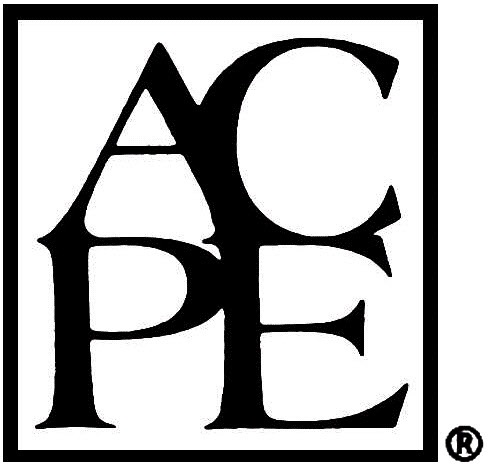
27th EAHP Congress - PRE-Evaluation and Learning Assessment Form
|
ACPE UAN: 0475-0000-23-011-L04-P - A knowledge-based activity
 |
The European Association of Hospital Pharmacists (EAHP) is accredited by the Accreditation Council for Pharmacy Education as a provider of continuing pharmacy education. More information: https://www.eahp.eu/congresses/acpe |